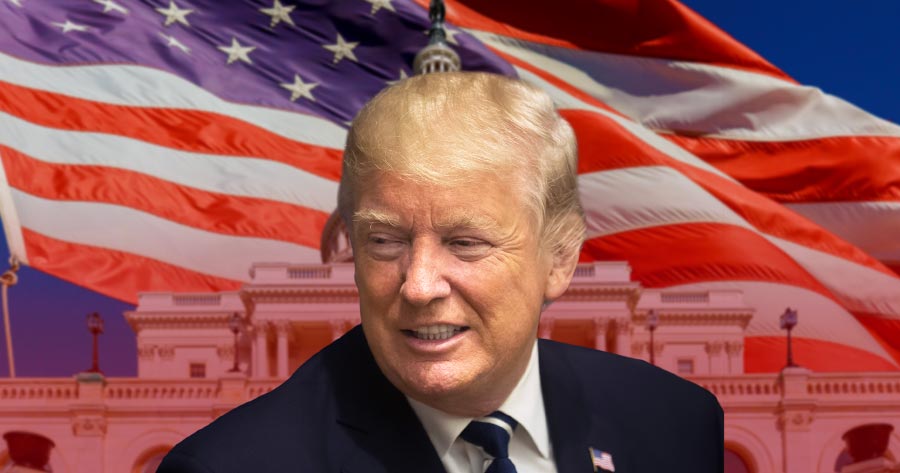On Tuesday, President-elect Donald Trump refused to pledge not to use military force or economic coercion to acquire the Panama Canal and Greenland in his expansionist agenda that he has been promoting since his victory in the November election.
Trump also hinted at the idea of annexing Canada into the U.S. state, demanding higher defense spending from NATO members, and changing the name of the Gulf of Mexico to the Gulf of America.
Even before taking office, Trump has been peddling his aggressive foreign policies with no regard for its international reputation or the concerns of U.S. allies.
When asked to reassure the public that he would not use force or coercion to gain the Panama Canal and Greenland, he refused while citing economic security as a justification.
Trump criticized American spending on goods and military support to Canada while claiming that the borders between the two countries are meaningless.
Trump also suggested pressuring Denmark with tariffs for sales of Greenland, while also citing U.S. national security as the reason for the purchase.
Denmark still insists on not selling Greenland. Danish Prime Minister Mette Frederiksen said in response to Trump’s remark that using financial means to fight its allies is not a good way forward.
Melanie Joly, Canada’s Foreign Minister, said on X that Trump lacks understanding of the strength of Canada’s economy and its people, and declared that the Canadian will not back down from the threat.
Panama’s Foreign Minister Javier Martinez-Acha told reporters that the Panama Canal would continue to remain under Panamanian control, disregarding Trump’s threat.
Daniel Fried, a retired U.S. diplomat now with the Atlantic Council think tank, remarked that Trump’s rhetoric of national power and territorial expansion painted him akin to a 19th-century imperialist.
By taking Greenland, Trump would destroy NATO and make the U.S. look like Vladimir Putin’s Russia, said Fried.
This latest suggestion in taking back the Panama Canal and Greenland aligns with his history of proposing bold territorial changes, including suggesting that Canada should become the U.S. “51st state.”





